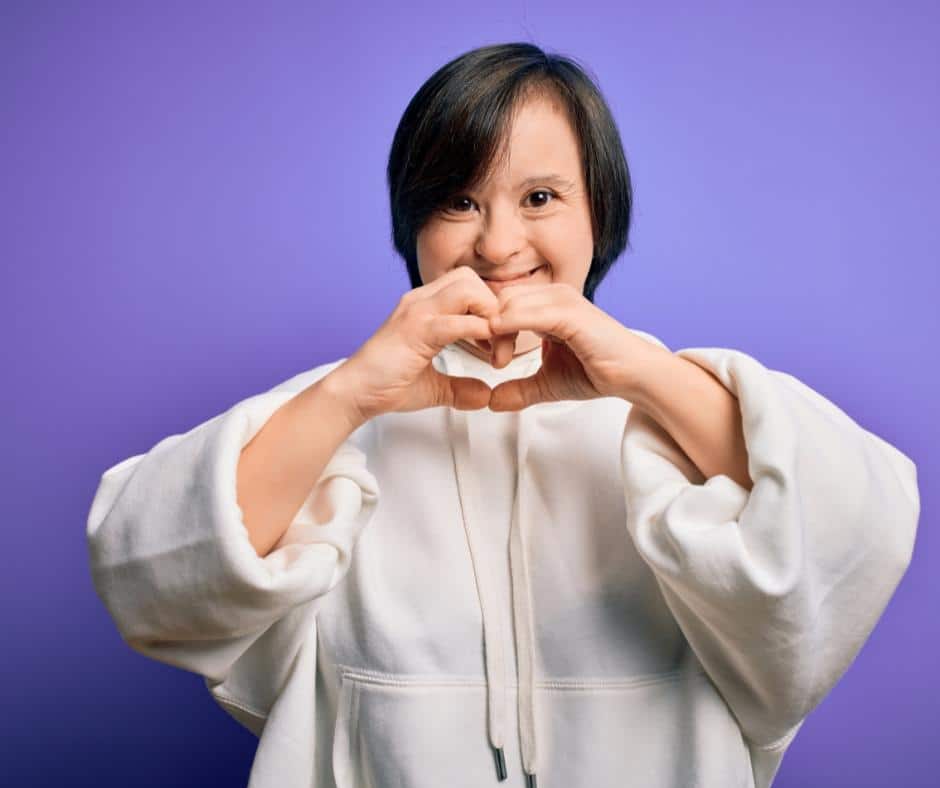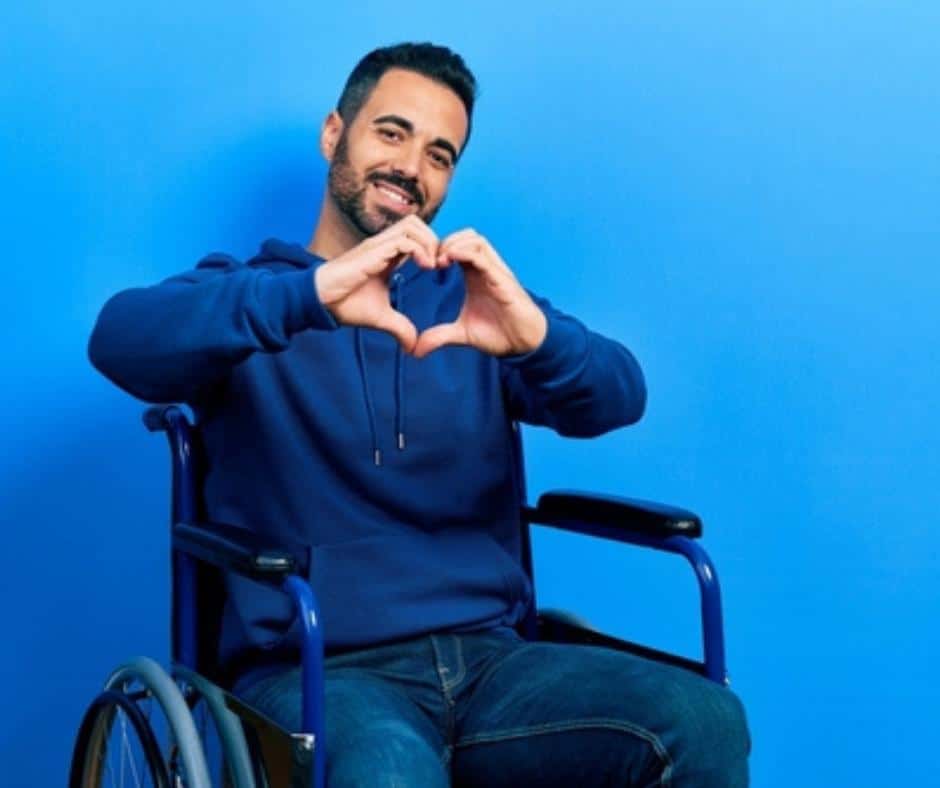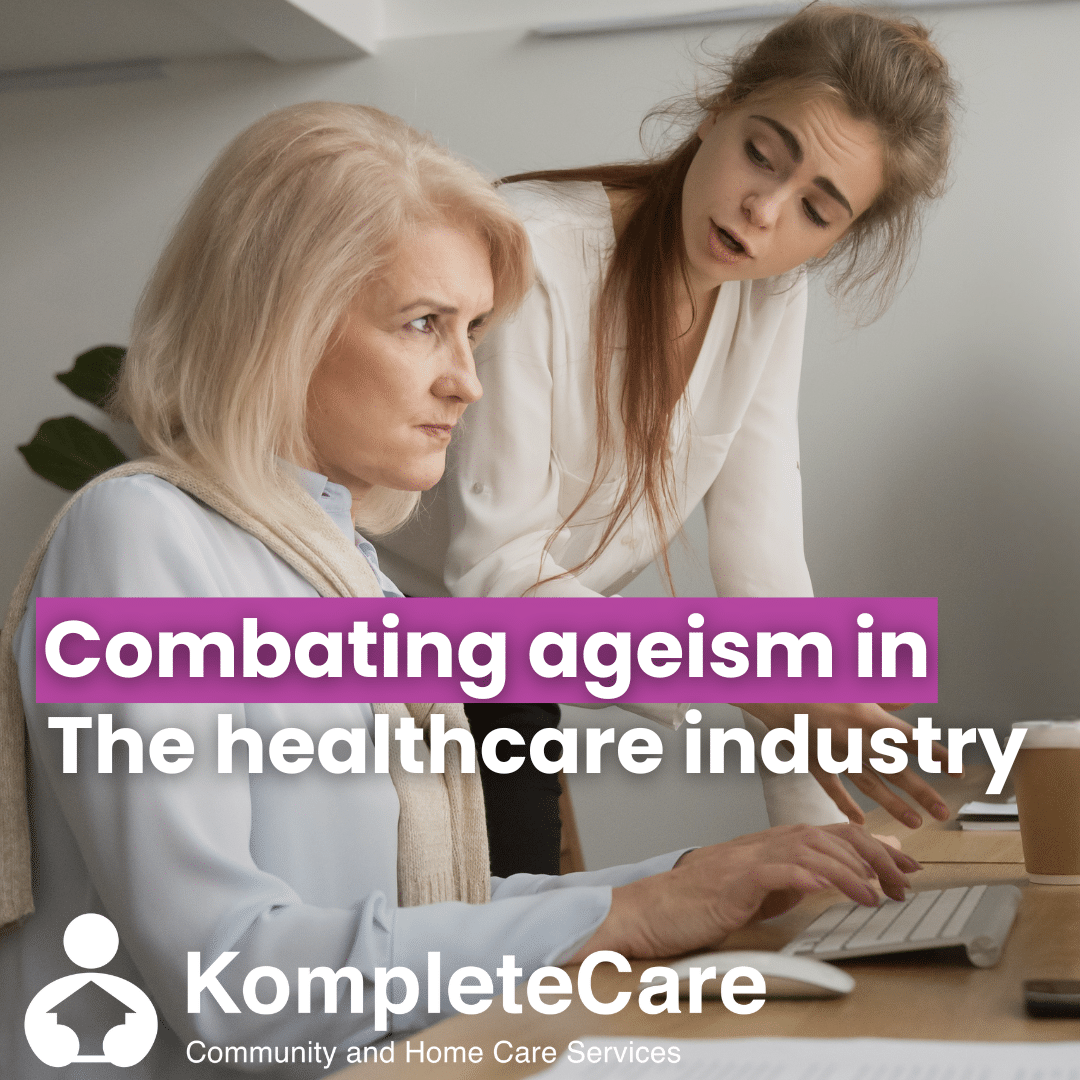Ageism is a pervasive, yet often overlooked issue within the healthcare system, quietly shaping the experiences of older Australians. All too often, symptoms are dismissed, and appropriate treatment options are ignored or delayed. These attitudes not only undermine the dignity of older adults but also contribute to poorer health outcomes.
To create a more equitable and respectful healthcare environment, it is essential to recognise, challenge, and dismantle ageist assumptions—replacing them with approaches that support independence, inclusion, and respect.
Understanding ageism in healthcare
Ageism refers to the stereotyping, prejudice, and discrimination against individuals based on their age, most commonly affecting to older adults. In healthcare settings, ageism often manifests through subtle behaviours and assumptions. A common example is the tendency to dismiss symptoms as a ‘normal’ part of ageing, which can lead to an underdiagnosis or misdiagnosis of treatable conditions. This not only delays appropriate care, but also reinforces the false belief that decline is inevitable in later life.
Research indicates that ageism contributes to significant disparities in both the quality and accessibility of healthcare for older adults. For instance, a major review published in PLOS ONE examined 422 studies involving over 7 million participants across 45 countries. The results were striking: 96% of the studies found ageism had a negative impact on older people’s health.
These harmful effects span both structural and individual levels. At a structural level, older adults were often:
- Denied access to necessary healthcare,
- Excluded from clinical trials,
- Subject to age-based rationing of medical resources, and
- Limited in employment opportunities that support wellbeing.
At the individual level, the impact was equally concerning. Ageism was associated with:
- Decreased life expectancy,
- Poorer quality of life,
- Weakened social relationships,
- Increased risky health behaviours,
- Higher rates of mental illness, including depression,
- Cognitive decline, and
- Greater incidence of physical illness.
The data also showed 85% of the studies reviewed linked ageism to denial of treatment, while 95% found connections between ageist attitudes and increased psychiatric conditions, like depression, or suicidal ideation.
The role of reablement in counteracting ageism
One approach to counteracting ageism in healthcare is through reablement—a person-centred, in-home approach to rehabilitation that focuses on helping older individuals regain, or maintain, the skills necessary for daily living. Reablement shifts the focus from limitations to capabilities, challenging assumptions that decline is inevitable and irreversible.
The World Health Organisation (WHO) also recognises reablement as a key support strategy for those living with dementia. Rather than managing symptoms in isolation, reablement can enhance an individual’s ability to participate in meaningful activities and retain autonomy for as long as possible. It is also grounded in the belief that, with the right support, people with dementia can maintain, or even regain, skills that support independence.
This approach directly aligns with the WHO’s broader vision for healthy ageing, which prioritises functional ability, inclusion, and quality of life. By focusing on strengths and potential, reablement restores dignity, promotes social connection, and supports wellbeing across all stages of life.
Challenging ageist attitudes in healthcare
Addressing ageism in the healthcare system requires more than awareness—it demands active, deliberate intervention. Health professionals and care organisations must be equipped to recognise ageist assumptions in themselves, their colleagues, and their systems of care.
This shift can transform the healthcare experience for older adults and reinforce their role as active participants in decision-making. This must be supported by:
- Education and training programs that confront age bias
- Reflective practice embedded in professional development, and
- Policy reforms that enshrine age-inclusive language and values.
KompleteCare’s sister company, Skills Centre Australia, exemplifies this commitment by offering industry-recognised clinical training and skill development courses tailored to those working in the aged and disability sectors. Their programs equip students with both the tools and mindset needed to provide respectful, person-centred care. Among these is their Dementia & Elder Abuse training, which provides essential skills in recognising and reporting elder abuse.
Beyond the clinical setting, promoting intergenerational dialogue and positive representations (in media, workplaces, and communities) can help dismantle harmful stereotypes. These narratives challenge the notion that ageing is defined by a decline, and instead position it as a diverse, meaningful, and valued stage of life. When society embraces this perspective, we can pave the way for healthcare systems that are not only more inclusive, but more effective—where older adults are seen, heard, and supported.
Addressing ageism in healthcare is not only a matter of improving treatment outcomes, but also of upholding the dignity and rights of older Australians. By embracing reablement approaches and actively challenging ageist attitudes, the healthcare system can better support older individuals in achieving optimal health outcomes. Empowering healthcare professionals and the broader community to confront their ageist assumptions is also essential to creating a more equitable and inclusive healthcare environment for all.
This commitment is embedded in everything we do at KompleteCare. Our values centre on respect, dignity, and empowerment for every individual we support. We are proud to be an organisation who champion inclusive practices that celebrate ageing as a time of strength, purpose, and possibility. If you or a loved one needs support, contact our friendly team today on (08) 8265 5696 or submit an enquiry through our website.









